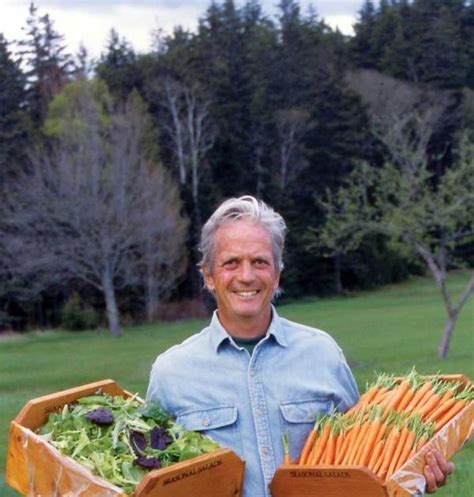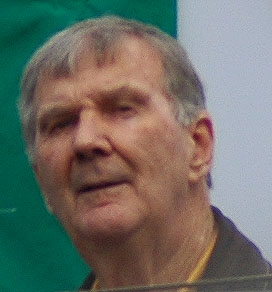A Quote by Kayla Mueller
The gardener knows how to turn garbage into compost. Therefore our anger, sadness, and fear is the best compost for our compassion.
Related Quotes
The organic gardener does not think of throwing away the garbage. She knows that she needs the garbage. She is capable of transforming the garbage into compost, so that the compost can turn into lettuce, cucumber, radishes, and flowers again...With the energy of mindfulness, you can look into the garbage and say: I am not afraid. I am capable of transforming the garbage back into love.
With negative energy you can make the positive energy. A flower will become compost someday, but if you know how to transform the compost back into the flower, then you don't have to worry. You don't have to worry about your anger because you know how to handle it - to embrace, to recognize, and to transform it. So this is what is possible.
We have to look at our own inertia, insecurities, self-hate, fear that, in truth, we have nothing valuable to say. When your writing blooms out of the back of this garbage compost, it is very stable. You are not running from anything. You can have a sense of artistic security. If you are not afraid of the voices inside you, you will not fear the critics outside you.
Compassion is a chameleon: it can wear the face of fear, anger, sadness, joy or even dispassion, depending on what's needed at the time. The compassionate Buddha has a smile in one eye and a tear in the other, and our Buddha mission is to lead people to true freedom, not to hold their hand and tell them that everything is going to be all right. In teaching, compassion means doing whatever needs to be done to get to the next phase.
I have long believed that there are fundamentally two forces or emotions that drive our decisions - love and fear. Love has its many manifestations: compassion, gratitude, kindness, and joy. Fear often manifests in cynicism, anger, jealousy, and anxiety. I worry that many of our communities are being driven by fear.
If we're constantly suppressing our strong, heavy emotions - like fear and anger and outrage and sadness - it weakens us. But when we're not afraid to confront the hard emotions - when we don't turn away from the pain and the suffering of the world - it builds the confidence that we can do whatever we need to do.































